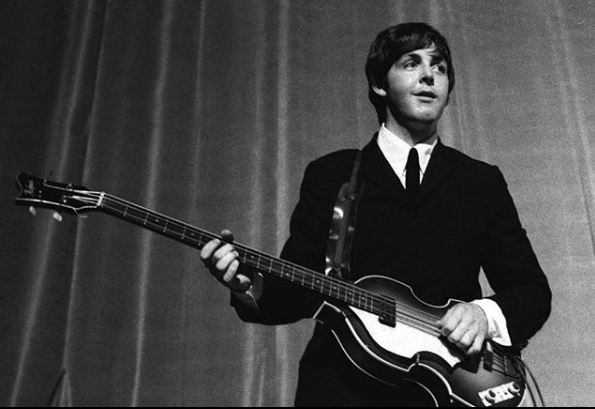Paul McCartney, known for his legendary musical contributions, has never shied away from expressing his honest opinions about his own work. Among his vast catalog of songs, there are those he considers as mere “fillers” or unsuccessful attempts at creating memorable singles. One such song is “Etcetera,” written by McCartney for The Beatles’ iconic 1968 album, The White Album. Although the song was never officially released and remained confined to a demo recording, its story is a testament to the artist’s willingness to explore and evolve.
Originally intended for Marianne Faithfull, McCartney wrote “Etcetera” as a personal favor. However, the song did not meet his own expectations. In his autobiography, Many Years From Now, McCartney candidly admits his dissatisfaction with the track, stating, “It was not a very good one… I think it’s a good job that it’s died a death in some tape bin.”
Reflecting on his creative process at the time, McCartney explains, “There was always the temptation to keep your better songs for yourself and then give your next-best songs to other established people, so when it was someone like Marianne, who at the time was a newcomer, those people would tend to end up with fairly dreadful offerings of mine.”
Interestingly, not everyone shared McCartney’s sentiment about “Etcetera.” Engineer Alan Brown, who was present during the recording sessions, described it as a “beautiful song.” Although he only heard it twice, Brown recalls the ballad-like quality and the repetition of the word “etcetera” in the lyrics. Unfortunately, the song disappeared into obscurity after its initial recording, leaving fans to wonder about its potential.
Paul McCartney’s willingness to experiment and take risks in his songwriting journey is what ultimately led him to create timeless classics. While “Etcetera” may have been a song he personally dismissed, its story serves as a reminder that even perceived failures can hold unexpected beauty. In the vast landscape of McCartney’s musical legacy, every song, successful or not, contributes to the ever-evolving narrative of one of the greatest songwriters of our time.

